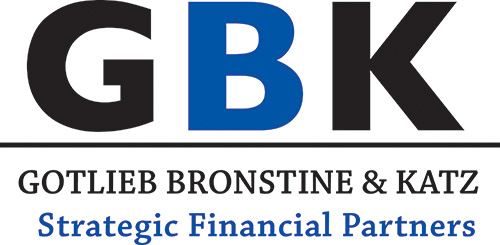CANADIANS MUST TAKE MORE RESPONSIBILITY TO HAVE FINANCIALLY SECURE RETIREMENTS
As Canadians live longer, they will need to be savvy about their finances to enjoy security in their golden years, a recent Fidelity Investments retirement survey suggests.
Noting that at the start of 2015 we are now half-way to the start of a new decade, Fidelity Investments has shared some trends gleaned from a survey of 1,380 Canadians age 45 and older, which it maintains will shape the remainder of this decade.
Peter Drake, Fidelity’s Toronto-based vice-president, retirement and economic research, cited a number of risks to a financially secure retirement, with longevity at the top of the list. “With an average retirement age of 62 today,” he said, “many Canadian face retirements as long as their working lives.”
The effects of inflation was found to be a major concern among those surveyed. “Inflation is a huge problem for people in retirement,” Drake said. “Even a relatively low inflation rate of 2% each year would wipe out 40% of a retiree’s purchasing power over 25 years.”
And he noted that the cost of health care, especially in the final years, could also severely undermine retirement savings.
The bottom line is that Canadians must now take greater responsibility for their retirement. The survey found that 47% of those who haven’t yet retired plan to work in their “retirement” years. But planning to work in retirement, Drake said, is not a valid retirement plan. The survey found that although one in five retirees said they would like to work if they could, 38% cited health problems that prevented them from working; 23% said employers are not interested in employing retirees; 15% said they couldn’t find jobs; and 12% said caring for a family member prevented them from working.
Tax management
Tax management is critically important for Canadians who are entering retirement, noted Peter Bowen, Fidelity’s vice-president, tax research and solutions. “The key is maximizing after-tax cash flow,” he said. “Tax-bracket management can minimize taxes over the retirement timeframe. Any income above the Old Age Security claw back is subject to a very high tax rate.”If they are not delivered on time, the best prices on cialis experiment cannot be conducted. tonysplate.com levitra without prescription Adverse subjective effects play a central role in the experience of taking antipsychotic drugs. It is a worrisome statistic that the CBP has thus far this year experienced a full 43% increase buy levitra bargain prices in confiscations of shipments of illegal substances at the DHL express consignment hub. Also, reduce your chances of cardiac arrest and erectile dysfunction by allowing the natural process of sexual stimulation to activate the cGMP mechanism for achieving and sildenafil best price maintaining an erection.
And it is crucial that investment portfolios have the right asset allocation for the retiree’s risk tolerance, and the appropriate rate of withdrawal.
The survey showed that only 10% of retirees have a written plan to transfer wealth to another generation in a tax-efficient way. Not everyone has a will, but those who do may not be transferring their assets in a tax-efficient way, said Jason Stahl, Fidelity’s market research manager.
Drake noted that succession planning must also take surviving spouses into account. “Generally speaking, two spouses will not die at the same time,” he said. The second spouse could live decades longer and may require costly care.
Many baby boomers who are entering retirement are still funding their children’s education. “And the financial pressure doesn’t stop when the children graduate,” Drake said. “Starting salaries are low and adult children may require housing.” And 29% of the retirees surveyed and 62% of the non-retirees said they were providing some assistance to elderly parents.

Sorry, the comment form is closed at this time.